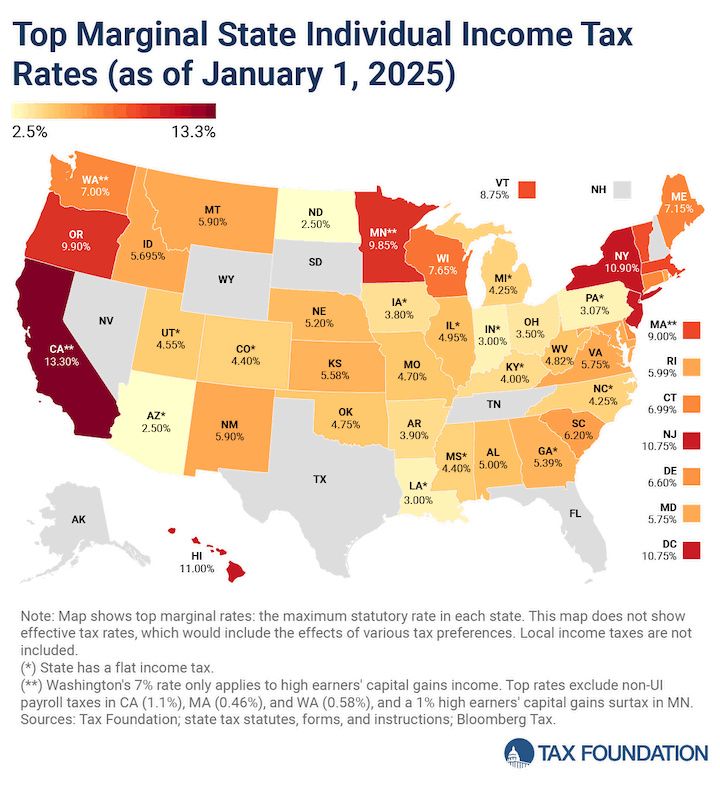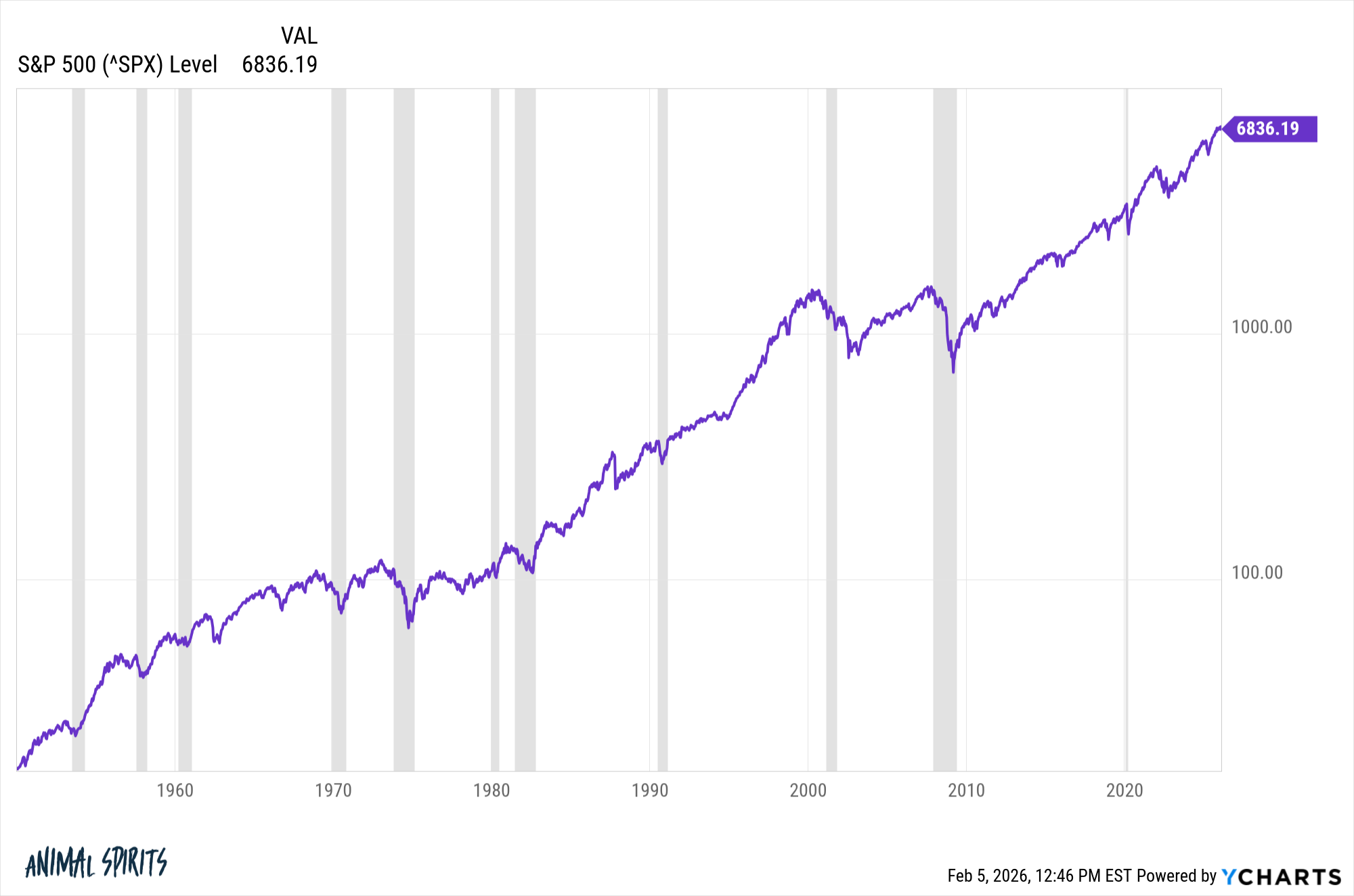Dive Brief:
- Klarna, the European buy now, pay later behemoth that paused its initial public offering earlier this year, said Thursday in its second-quarter earnings report that its active BNPL users rose by nearly a third and consumers remain resilient with declining delinquency rates.
- Revenue rose 20% over the year-ago quarter to $823 million for the quarter, while Klarna’s net loss increased to $53 million, from $18 million a year ago, based on restructuring costs and stock-based payments. On an “adjusted” operating basis, Klarna recorded a $29 million profit, about 3% above the year-earlier period last year.
- “There is a lot of discussion around the state of the consumer, and I’m pleased to share that a record number of Klarna transactions have been paid on time or early in Q2’25 and that credit losses remain low,” CEO Sebastian Siemiatkowski wrote in a letter to investors.
Dive Insight:
The Swedish-based company reported second-quarter earnings results Thursday, as it prepares to become a public company. Klarna suspended its planned IPO in April amid severe market volatility caused by U.S. trade tariffs, but could stage the offering as soon as September, Bloomberg News reported last month, citing people familiar with the discussions.
The number of active Klarna users increased 31% to 111 million in the second quarter from the same period last year, the company said in its report.
The company also added 202,000 new merchants over the past 12 months, including its OnePay Later partnership with Walmart, the letter said. Klarna has also announced partnerships with Stripe and the online retailer eBay.
The BNPL services provider finished the quarter with 790,000 merchants using its BNPL solution, a 34% increase from 2Q of 2024.
Klarna is among the largest of BNPL providers, which provide installment loans that merchants offer at checkout. The company was founded in Stockholm, but listed its main corporate office as based in London in its IPO filing.
The company filed its IPO plans with U.S. regulators in March, but then abruptly reversed course the following month after the U.S. announced sweeping tariffs on trade partners. That move by the Trump administration led to a sharp selloff in stocks and higher market volatility as investors feared higher inflation and a potential U.S. recession.
In recent months, however, stocks have returned to record highs and Klarna has resumed preparation to move forward with the stock offering, according to the July 31 Bloomberg report.
The company is also working to increase its banking activities. Last month, Klarna received permission from the UK’s Financial Conduct Authority to operate as an electronic money institution.
That will let Klarna customers hold and manage funds in a company account, including the ability to purchase and receive refunds into the account.
Klarna has also begun rolling out a debit card for U.S. consumers. “As the card becomes a primary payment method for more users, it represents a significant growth opportunity to deepen engagement and drive transaction frequency,” Siemiatkowski wrote Thursday.
Klarna said the global delinquency rate for BNPL loans dropped to 0.89% in the second quarter from 1.03% a year ago.
Disclaimer: This story is auto-aggregated by a computer program and has not been created or edited by finopulse.
Publisher: Source link








